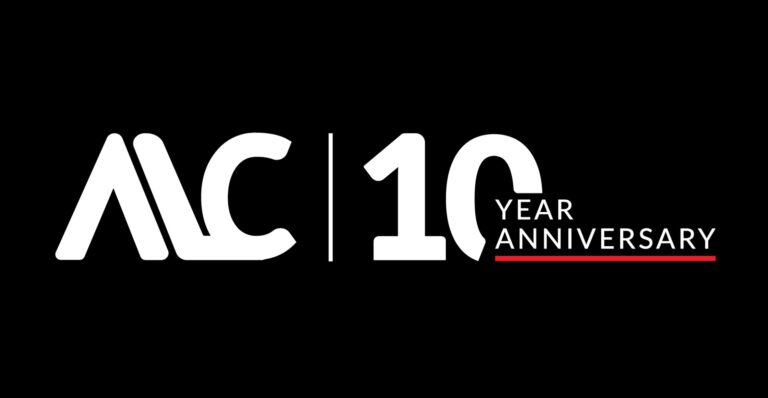Equity, the often underestimated financial asset in acquiring real estate, is one of the keys to unlocking new opportunities for property owners and investors alike. Defined as the difference between a property’s current market value and the outstanding mortgage amount, equity serves as a powerful tool that can be leveraged strategically to enhance real estate portfolios. Whether your clients are entering the real estate market for the first time or are seasoned investors, understanding how to use equity can be a game-changer for their financial success.
How It Works and How to Do It
Imagine equity as the dormant power lying within your clients’ properties, waiting to be utilised for their benefit. The process of using equity to buy another property involves tapping into the accumulated value of an existing property to secure additional financing for a new purchase.
To execute this strategy effectively, property owners are often guided towards primary methods, including:
Home Equity Loans
A home equity loan allows property owners to borrow against the equity they’ve built in their property. This type of loan provides a lump sum amount that can be used for various purposes, including funding the purchase of additional real estate.
Refinancing
Refinancing involves replacing the current mortgage with a new one, usually with more favourable terms. This allows property owners to access a lump sum of cash based on the increased value of their property. The new mortgage terms might offer lower interest rates or extended repayment periods, providing financial flexibility.
Equity Release
Equity release involves tapping into the non-useable equity within the property through borrowed funds. The borrowed sum can then be strategically invested while the property continues to serve as collateral. This method allows investors to buy new properties without needing a large down payment. While it has its benefits, it’s important to assess the risks and potential returns.
Types of Equity
Equity comes in different forms, each with its own characteristics. The two main types are:
- Usable Equity
Usable equity is the portion of a property’s value that can be accessed and used for various purposes, including buying another property. This type of equity provides the financial flexibility needed to leverage a property for strategic investments.
- Unusable Equity
Unusable equity, on the other hand, is tied up in restrictions such as lending policies or personal financial circumstances. This type of equity may be inaccessible for immediate use due to external factors, limiting its usability for property acquisition or other financial endeavours.
How to Use Equity to Buy Property
Using equity to buy property involves a strategic approach. Here’s a step-by-step guide:
- Assess the equity: Determine the current equity in a property by calculating the difference between its market value and outstanding mortgage.
- Evaluate financing options: Explore refinancing or home equity loan options. Compare interest rates, terms, and conditions to choose the option that best suits your clients financial goals.
- Plan for repayment: Understand the implications of the new financing on their monthly cash flow. Ensure your clients can comfortably manage the repayment terms.
- Identify investment opportunities: Once there’s access to additional funds, carefully research and identify potential investment opportunities in the real estate market.
- Execute the purchase: Use the funds obtained through equity to finance the acquisition of a new property. Keep a close eye on market trends and potential returns on investment.
Pros and Cons of Leveraging Equity
Pros:
- Access to capital: Using equity provides access to a substantial amount of capital that can be used for various purposes, including property acquisition.
- Potential for higher returns: If the new property appreciates in value, the returns on investment can surpass the cost of leveraging equity.
- Diversification of portfolio: Leveraging equity allows property owners to diversify their real estate portfolio, spreading risk and potentially increasing overall returns.
Cons:
- Increased debt: Leveraging equity means taking on additional debt, which comes with interest payments and the risk of financial strain if market conditions change.
- Market fluctuations: Real estate markets are subject to fluctuations, and the success of leveraging equity depends on the ability to predict and navigate these changes.
- Risk of negative equity: If the market experiences a downturn, the value of the property may decrease, leading to negative equity.
Equity as a Property Acquisition Tool
Equity, when used strategically, can be a powerful tool for property acquisition. It enables property owners to capitalise on the appreciation of their existing assets to fund new opportunities. Whether your clients are looking to expand their real estate portfolio or make their first investment, educating them on the nuances of leveraging equity can open doors to exciting possibilities for their financial future. As a real estate professional, guiding your clients through the process of using equity wisely can solidify your role as a trusted advisor and contribute to their long-term success in the real estate market.
ALC’s expertise lies in navigating the intricacies of property acquisition. As your trusted partner, we find the ideal property in your clients’ preferred area.
Interested in exploring house and land packages for ALC’s new properties? Reach out to us today.



